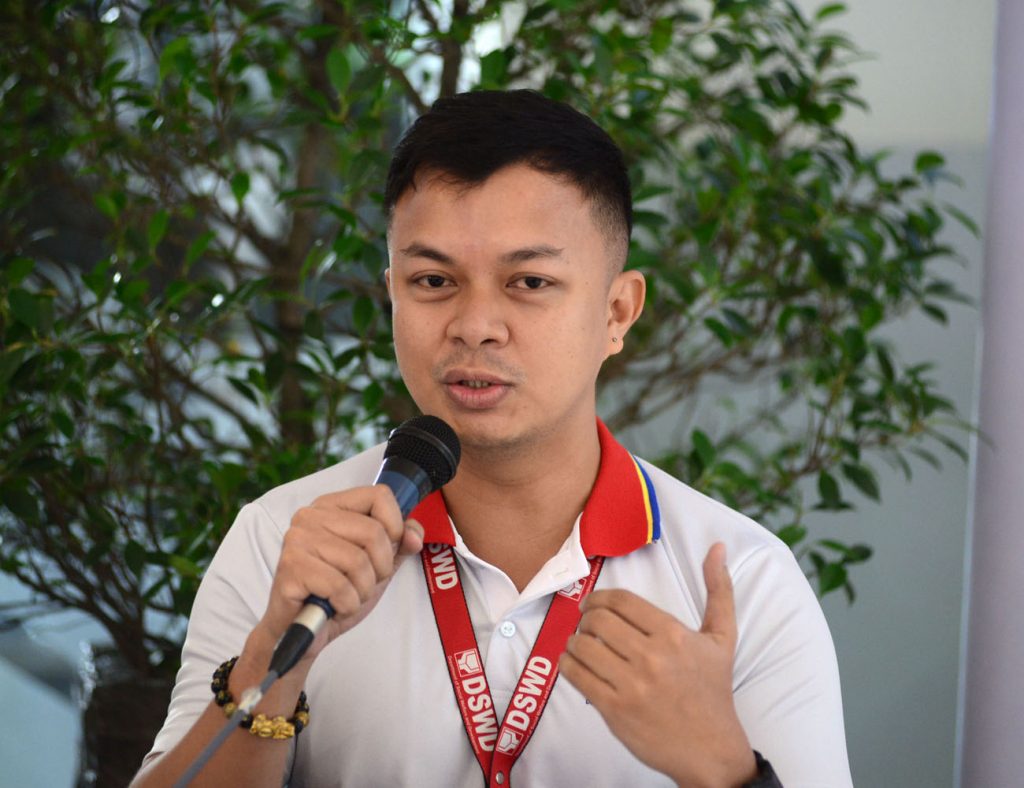- Poor households in the region rise to 300K: DSWD XI
THE NUMBER of poor households in the region climbed by 17% in 2022, five years after the Department of Social Welfare and Development (DSWD XI) conducted its Listahanan survey in 2017.
The Listahanan 3 identified 333,513 poor households from the 903,267 total respondents surveyed.
During the Kapehan sa Dabaw Media Forum on Aug. 11, Peter Paul Villaluna, DSWD XI National Household Targeting Section IT officer, said Listahanan 2 in 2017 only identified 284,136 poor households.
However, it should be noted that Listahanan 2 only reached 843,957 households compared to the 903,267 respondents in 2022, or a difference of 6.5%.
In the Listahanan 3 presented by DSWD XI, 58.44% of the identified poor came from Davao Occidental, followed by Davao Oriental (55.96%), Davao de Oro (43.05%), Davao del Sur (30.37%), Davao del Norte (29.79%) and the lowest is Davao City with 23.26%.
The list showed that 3 in 10 poor households do not have access to electricity, 1 in 10 has no access to clean and sanitary toilet facilities, and more than 5 in 10 do not have available clean and safe water.
Meanwhile, more than 4 in 10 of the poor households belong to indigenous communities.
The DSWD also identified 1,743,881 poor individuals mostly affected by unemployment.
Villaluna said households under the poverty threshold are considered poor, citing the annual per capita poverty threshold of P28,942.
The DSWD calls on concerned stakeholders, government, and non-government organizations to utilize Listahanan to thoroughly select beneficiaries to minimize wastage of resources as the list provides eligible grantees.
“Without data, information, facts, any discussion about the human condition is just an opinion,” he stressed.
The National Household Targeting System for Poverty Reduction (NHTS-PR) or Listahanan identifies the magnitude of poverty nationwide. Executive Order 867 series of 2010 mandates NGAs to adopt the Listahanan to effectively deliver social protection programs and services to the less fortunate who need it the most.

